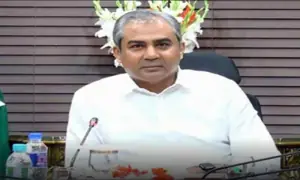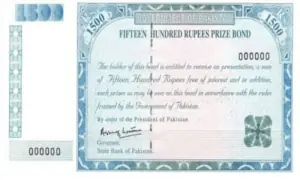Pakistan's lone Nobel Award winner ignored at home
 Pakistan's lone Noble Award winner, Abdus Salam, is now rarely acknowledged within the country. Many school text books or other academic articles rarely bring forward the name of the once popular Pakistani physicist.
Pakistan's lone Noble Award winner, Abdus Salam, is now rarely acknowledged within the country. Many school text books or other academic articles rarely bring forward the name of the once popular Pakistani physicist.
Abdus Salam was a Pakistani theoretical physicist and Nobel laureate in Physics for his work on the electroweak unification of the electromagnetic and weak forces. Salam, Sheldon Glashow and Steven Weinberg shared the 1979 Nobel prize for this discovery. Salam's revolutionary work is deemed to be the major ingredient that led to to the apparent discovery of the subatomic Higgs boson, or "God particle" recently. Salam was also the patriarch of the nuclear programme within the country and it was later A.Q. Khan who carried out Salam's legacy.
Salam was a science advisor to the Government of Pakistan from 1960 to 1974, a position from which he played a major and influential role in Pakistan's science infrastructure. Salam was responsible for not only major development and contribution in theoretical and particle physics, but as well as promoting scientific research at maximum level in his country. Salam was the founding director of Space and Upper Atmosphere Research Commission (SUPARCO), and responsible for the establishment of the Theoretical Physics Group (TPG) in Pakistan Atomic Energy Commission (PAEC). As Science Advisor, Salam played an integral role in Pakistan's development of peaceful use of nuclear energy, and directed the research on development of atomic bomb project of Pakistan in 1972; for this, he is viewed as the "scientific father" of this programme in the views of the scientists who researched under his scientific umbrella.
According to Khurshid Hasanain, Chairman of physics department at Quaid-i-Azam University (Islamabad), the discovery of the "God Particle", is a clear justification of Salam's work and the Standard Model as a whole.

Despite all his achievements and accomplishments, Salam has remained a blurry figure within the history of Pakistan. This is mainly due to his religious affiliation with the Ahmadi sect. Ahmadis have long been a favorite target for governments and Talibans, with the sect being tormented by both the government and the Talibans.
Following the 1972 constitution, Ahmadis were declared as non-Muslims and this led Salam to depart from Pakistan in protest.
 Abdus Salam died on 21 November 1996 at the age of 70 in Oxford, England, after prolonged illness. He was buried in an Ahmadi cemetery in Punjab. Even amid his demise, his religious tag continued to haunt him. The word "Muslim" was erased from his epitaph on the order of local Magistrate, which before removal read ""First Muslim Nobel Laureate".
Abdus Salam died on 21 November 1996 at the age of 70 in Oxford, England, after prolonged illness. He was buried in an Ahmadi cemetery in Punjab. Even amid his demise, his religious tag continued to haunt him. The word "Muslim" was erased from his epitaph on the order of local Magistrate, which before removal read ""First Muslim Nobel Laureate".



















Comments are closed on this story.